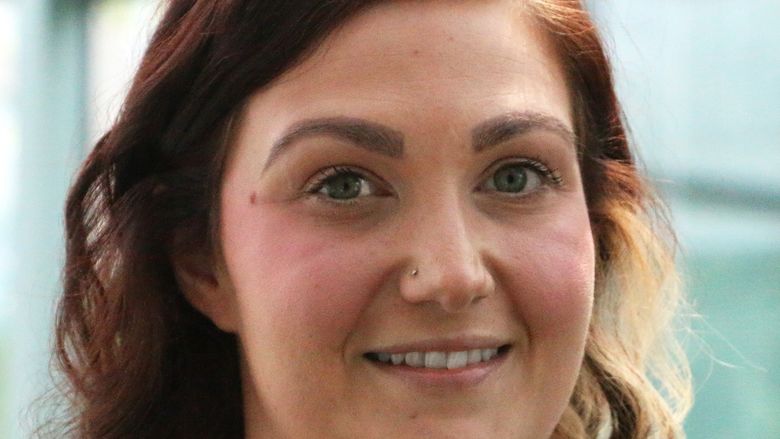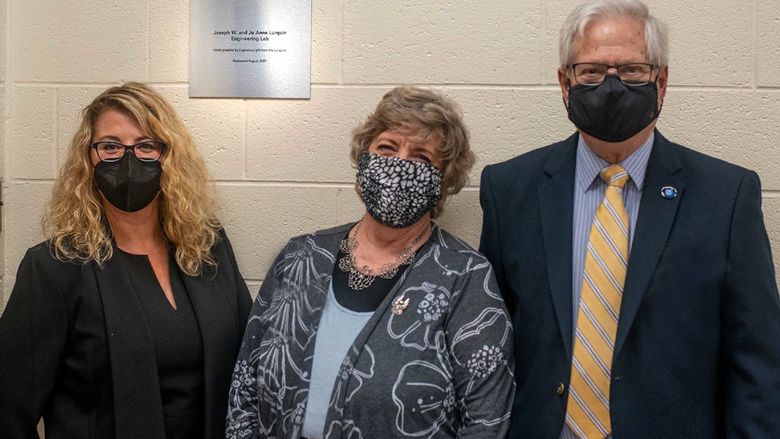ABINGTON, Pa. — Penn State Abington talks with new faculty member Yi Yang, assistant professor of electrical engineering.
- Education: Bachelor’s degree, electrical and electronics engineering, University of Kansas; master’s degree in electrical engineering and doctoral degree in optical communication, The Johns Hopkins University
- Previous Positions: Oak Ridge Institute for Science and Education Fellow at the Food and Drug Administration; Research Assistant, The Johns Hopkins University
- Professional Memberships: Institute of Electrical and Electronics Engineers, The Optical Society
- Etc.: Served as a science tutor with AmeriCorps
Penn State Abington: Why did you choose to teach at Penn State Abington?
Yang: The location was an important factor. Abington College is located just north of Philadelphia so it is close to all of the assets of a big metropolitan area, but you have the convenience of a small town. However, what truly makes Penn State Abington great is that is it part of one of the world’s best research universities, but it feels like a small liberal arts college.
PSA: Abington is committed to providing high-impact learning. How do you provide these experiences to students?
Yang: The Internet has really fundamentally democratized knowledge and education, and as the development of artificial intelligence makes its way into education, students will not only have a lot more access to knowledge but will have very personalized artificial “tutors” to help them learn. I think future students have tremendous advantages in finding what is known, however, they’ll need to learn how to use what is known to find the unknown. Therefore, I would focus on helping students to better applying their newly acquired knowledge and skills.
PSA: What is the focus of your current research?
Yang: I’ve been working on two research projects at Abington with ACURA (Abington College Undergraduate Research Activities) students. The first one is to apply laser sensing technology to digitize impressionist art in 3-D and color.
The second project is to use LIDAR (a remote sensing method) to build an artificial echolocation device that helps people with vision impairment, sort of like how bats can fly without vision. The latter involves not only engineering, but also seeks to understand the real-world needs of individuals who are visually impaired and to incorporate that understanding into the system’s design. It is paramount to design a device that does not overload or interfere with already available information, but complements or enhances it. Examples of potential improvements include the ability to identify tree branches, prevent falls, and avoid contacting objects such as poles, street signs or bus shelters.
About Penn State Abington
Penn State Abington offers baccalaureate degrees in 19 majors at its suburban location just north of Philadelphia. Nearly half of its 4,000 students complete all four years at Abington, with opportunities in undergraduate research, the Schreyer honors program, NCAA Division III athletics, and more. Students can start the first two years of more than 160 Penn State majors at Abington and complete their degrees at University Park or another campus.






